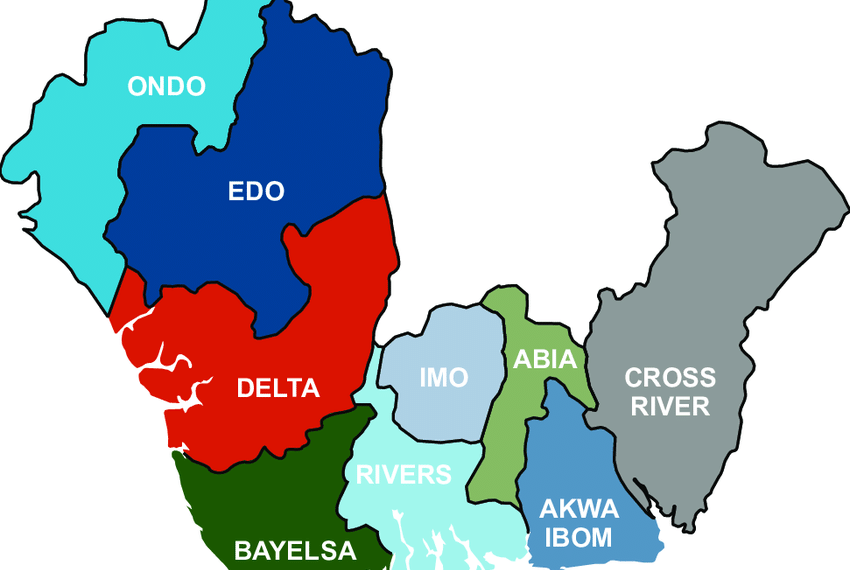In recent weeks, Ozuoba, a community located in Port Harcourt, Rivers State, has been experiencing an extended power outage. The issue has its roots in an ongoing dispute between the community and the Port Harcourt Electricity Distribution Company (PHEDC), which serves the area.
The blackout lasting for about two weeks was triggered by an altercation between some residents and PHEDC staff, and the fallout has led to both sides presenting contrasting accounts of the events that unfolded.
The crisis started with reports of an assault on PHEDC staff who were accused by locals of attempting to steal electrical cables. According to some residents, they saw the PHEDC workers walking around at night, and, suspicious of their actions, confronted them.
The workers, apparently caught off guard, were reportedly attacked by the community members who believed they were attempting to steal cables, a recurring issue in many parts of Nigeria due to the high demand for copper and other materials from electrical infrastructure.
However, PHEDC representatives have a different story. According to the company, the assaulted staff members were not involved in any criminal activity. Instead, they were on a night shift, trying to carry out essential repairs in the area. This task, according to the PHEDC staff, is part of the company’s ongoing maintenance work aimed at restoring power and ensuring the reliable distribution of electricity. The official emphasized that the workers had no malintent and were merely fulfilling their duties.
The Consequences
A PHEDC staff member speaking based on anonymity disclosed that they had been instructed to shut down power distribution in Ozuoba by their head office. This decision led to the entire community being plunged into a power blackout that has persisted for over two weeks.
Residents, on the other hand, have voiced their frustration over the ongoing power outage. Many are livid, arguing that the blackout is an overreaction to what was, at worst, a misunderstanding. Some members of the community have even speculated that the PHEDC’s actions could be an attempt to exert pressure or to cover up a larger issue involving equipment malfunction or mismanagement. The consequences of the power outage are far-reaching, impacting daily life, businesses, and access to essential services.
Positions and Perspectives
The community of Ozuoba is not unfamiliar with power outages, but this particular situation has sparked a debate about the way PHEDC handles its operations. Residents argue that the company’s response to the incident has been heavy-handed.
They feel that the decision to completely shut down power for such an extended period is unfair, as it punishes the entire community for an isolated event. Some have even accused the PHEDC of neglect, claiming that repairs and maintenance are often delayed or poorly executed, leading to consistent outages.
In addition, the community’s distrust of the electricity company may have been exacerbated by previous incidents of electrical infrastructure theft, which has become a persistent problem in the region. While it may not justify the assault, the community’s suspicions about PHEDC workers’ activities at night are understandable given the context of cable thefts.
PHEDC, however, maintains that their workers were victims of a misunderstanding, emphasizing that they had no choice but to take extreme measures to protect their staff and equipment. The company asserts that their workers have a responsibility to maintain the integrity of the power grid and to ensure service is restored in affected areas.
A Need for Dialogue and Understanding with PHEDC
The incident in Ozuoba underscores a larger issue of communication and trust between utility companies and the communities they serve. While the truth remains unclear, the reality of theft and suspicion among residents must be acknowledged.
At the same time, the harsh measures taken by PHEDC—shutting down power to an entire community—seem disproportionate and have added to the anger and frustration of residents.
Ultimately, a solution must be found that involves better communication, security for workers, and an open dialogue between PHEDC and the people of Ozuoba. Both sides have valid concerns, and only through cooperation and understanding can the dispute be resolved, ensuring that such conflicts do not lead to prolonged and unnecessary suffering for the people who rely on the services provided by the electricity company.





